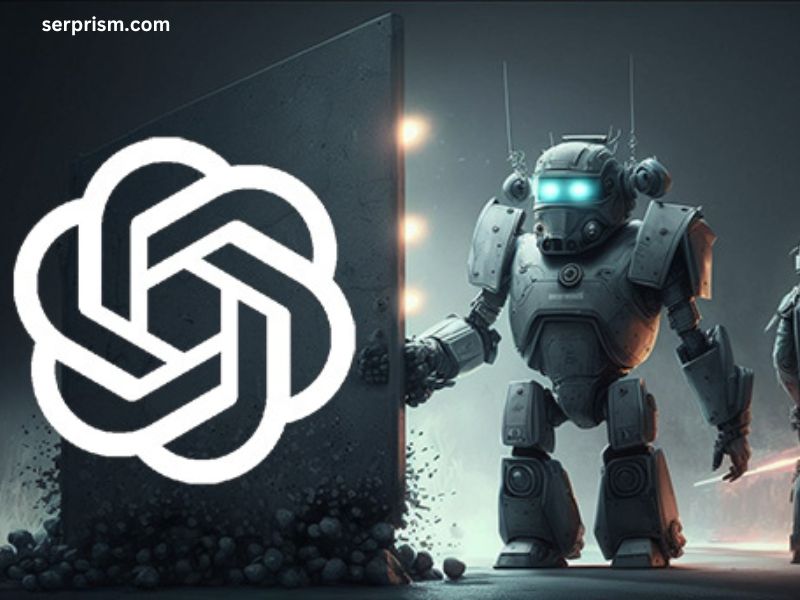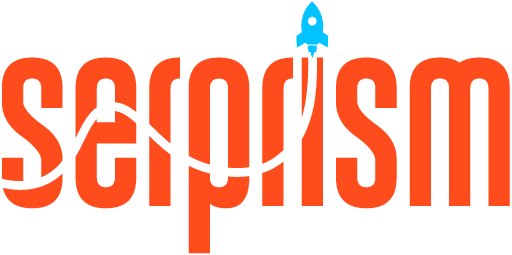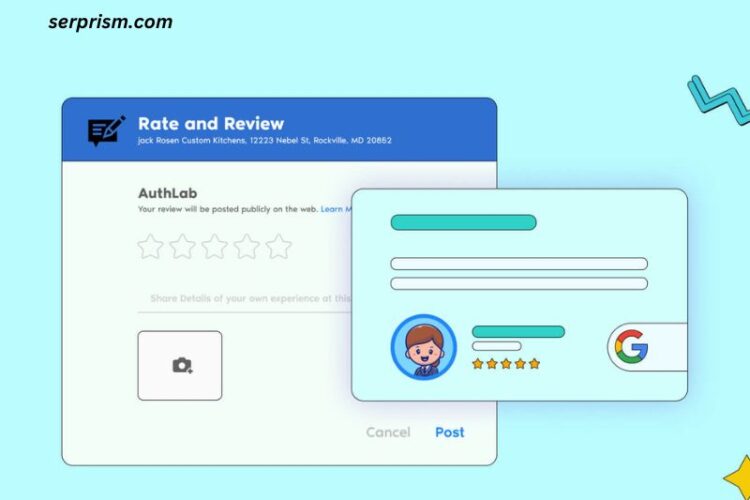
GPT Bot, or Generative Pre-trained Transformer Bot, is an artificial intelligence (AI) system that has gained significant attention in recent years. Developed by OpenAI, this advanced language model is capable of generating human-like text on a wide range of topics, from creative writing to task-oriented conversations. As the use of GPT Bot becomes more prevalent, many individuals and organizations are faced with the decision of whether to block or allow its access.
Understanding the Purpose of GPT Bot
GPT Bot is designed to assist humans in various tasks, such as content creation, research, and problem-solving. Its ability to generate coherent and contextually appropriate text can be a valuable tool for those looking to streamline their workflows, enhance their productivity, or explore new creative avenues. However, the potential for misuse or unintended consequences has also raised concerns about the responsible deployment of this technology.
Pros and Cons of Blocking GPT Bot
Deciding whether to block GPT Bot involves weighing the potential benefits and drawbacks of its use. On the one hand, blocking the bot can help mitigate risks such as plagiarism, the spread of misinformation, or the potential for abuse. On the other hand, allowing access to GPT Bot can unlock new possibilities for collaboration, innovation, and efficiency.
Pros of Blocking GPT Bot:
- Reduced risk of plagiarism or copyright infringement
- Mitigation of the spread of misinformation or false content
- Prevention of potential misuse or abuse of the technology
- Maintaining the integrity and authenticity of content and interactions
Cons of Blocking GPT Bot:
- Loss of potential productivity gains and efficiency improvements
- Missed opportunities for innovative applications of the technology
- Limitations on the exploration of creative and analytical possibilities
- Potential competitive disadvantage compared to those who embrace the technology
Reasons to Consider Blocking GPT Bot
There are several compelling reasons why you may want to consider blocking GPT Bot, particularly in certain contexts or scenarios. These include:
- Protecting Intellectual Property: If your work involves the creation of original content, such as writing, research, or creative projects, you may want to block GPT Bot to prevent the potential for plagiarism or unauthorized use of your intellectual property.
- Maintaining Authenticity and Trust: In fields where authenticity and trust are paramount, such as journalism, education, or healthcare, blocking GPT Bot can help ensure that the content and interactions are genuine and not generated by an AI system.
- Mitigating the Spread of Misinformation: GPT Bot’s ability to generate human-like text can be leveraged to create and disseminate misinformation or false narratives. Blocking the bot can help limit the potential for such harmful content to spread.
- Preventing Misuse or Abuse: Depending on your specific context, you may want to block GPT Bot to prevent its potential misuse or abuse, such as for automated spam, harassment, or other malicious activities.
Potential Negative Impacts of Blocking GPT Bot
While there are valid reasons to consider blocking GPT Bot, it’s important to also recognize the potential negative impacts of such a decision. These include:
- Reduced Productivity and Efficiency: If GPT Bot is being used to streamline workflows, automate tasks, or enhance productivity, blocking the bot may result in a loss of these benefits.
- Missed Opportunities for Innovation: By blocking GPT Bot, you may be limiting the potential for innovative applications of the technology, which could lead to missed opportunities for growth and development.
- Competitive Disadvantage: If your competitors or peers are embracing the use of GPT Bot, blocking the technology may put you at a competitive disadvantage, particularly in areas where the bot’s capabilities could provide a strategic advantage.
- Limitations on Creativity and Exploration: GPT Bot’s ability to assist with ideation, content generation, and problem-solving can be a valuable tool for creative and analytical tasks. Blocking the bot may restrict your ability to explore new possibilities and push the boundaries of what’s achievable.
Alternatives to Blocking GPT Bot
If you’re hesitant about fully blocking GPT Bot, there are several alternative approaches you can consider:
- Controlled Access: Instead of a blanket block, you can implement a system of controlled access, where specific individuals or teams are granted permission to use the bot for approved purposes and under monitored conditions.
- Customized Policies: Develop and implement customized policies and guidelines that outline the appropriate use of GPT Bot within your organization or context, addressing concerns such as attribution, content quality, and ethical considerations.
- Ongoing Monitoring and Evaluation: Closely monitor the usage and impact of GPT Bot within your environment and regularly evaluate the effectiveness of your approach, making adjustments as needed.
- Embracing GPT Bot with Caution: Acknowledge the potential benefits of GPT Bot while maintaining a cautious and responsible approach to its deployment, prioritizing the mitigation of risks and the promotion of ethical and transparent use.
How to Block GPT Bot
If you’ve decided that blocking GPT Bot is the best course of action for your specific needs, there are several methods you can employ:
- Network-level Blocking: Implement network-level access controls, such as firewalls or content filtering systems, to block GPT Bot at the network perimeter.
- Application-level Blocking: Integrate GPT Bot blocking mechanisms directly into your applications or platforms, preventing users from interacting with the bot.
- User-level Blocking: Establish policies and procedures that restrict individual user access to GPT Bot, either through account-based controls or other user management systems.
- Monitoring and Enforcement: Implement robust monitoring and enforcement mechanisms to ensure the effectiveness of your GPT Bot blocking measures and address any potential workarounds or evasion attempts.
Monitoring and Managing GPT Bot Activity
Regardless of whether you choose to block GPT Bot or not, it’s essential to have a comprehensive system in place for monitoring and managing its activity within your environment. This may include:
- Logging and auditing GPT Bot usage data
- Implementing alerts and notifications for suspicious or anomalous behavior
- Regularly reviewing and updating your policies and procedures
- Providing training and guidance to users on the appropriate use of GPT Bot
Best Practices for Dealing with GPT Bot
To effectively manage the challenges and opportunities presented by GPT Bot, consider the following best practices:
- Develop a Clear Strategy: Establish a well-defined strategy that aligns with your organization’s or context’s goals, priorities, and risk tolerance.
- Foster Transparency and Accountability: Ensure that the use of GPT Bot is transparent, with clear policies, guidelines, and accountability measures in place.
- Prioritize Ethical Considerations: Incorporate ethical principles, such as fairness, privacy, and responsible use, into your approach to GPT Bot.
- Invest in Ongoing Education and Training: Provide comprehensive training and resources to users to ensure they understand the capabilities, limitations, and appropriate use of GPT Bot.
- Collaborate and Stay Informed: Engage with industry peers, experts, and relevant authorities to stay informed about the evolving landscape of GPT Bot and best practices for managing its use.
Conclusion
Deciding whether to block GPT Bot is a complex decision that requires a careful evaluation of your specific needs, risks, and opportunities. By understanding the purpose of GPT Bot, weighing the pros and cons, and exploring alternative approaches, you can make an informed decision that aligns with your organization’s or context’s priorities and values.
Ultimately, the choice to block or not to block GPT Bot should be based on a thorough assessment of the potential impacts, both positive and negative, and a commitment to responsible and ethical use of this transformative technology.
To help you make an informed decision about blocking GPT Bot, consider consulting with industry experts or seeking additional resources on the topic. Our team of AI specialists would be happy to discuss your specific needs and provide guidance on the most appropriate approach for your organization. [Contact us](https://example.com/contact) today to learn more.




